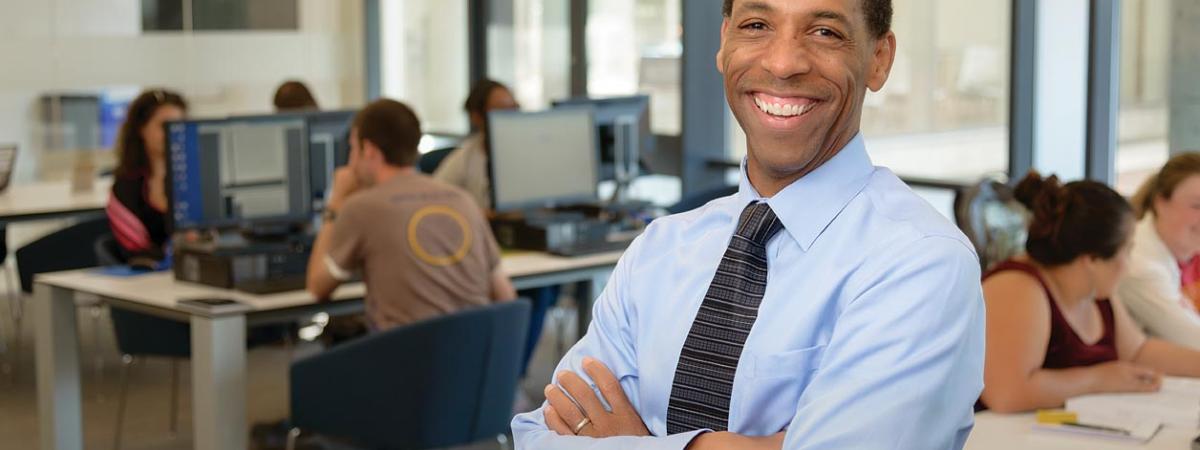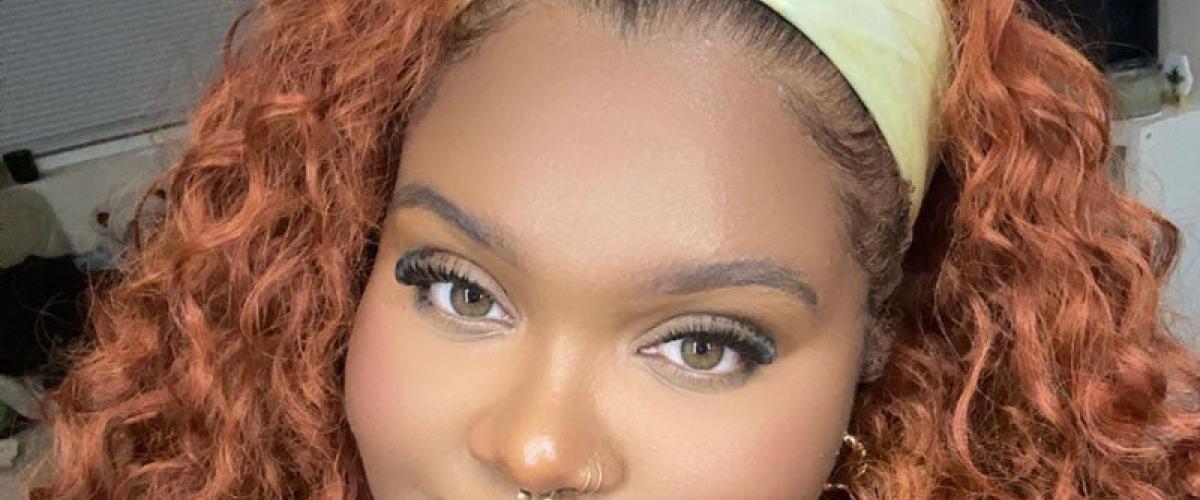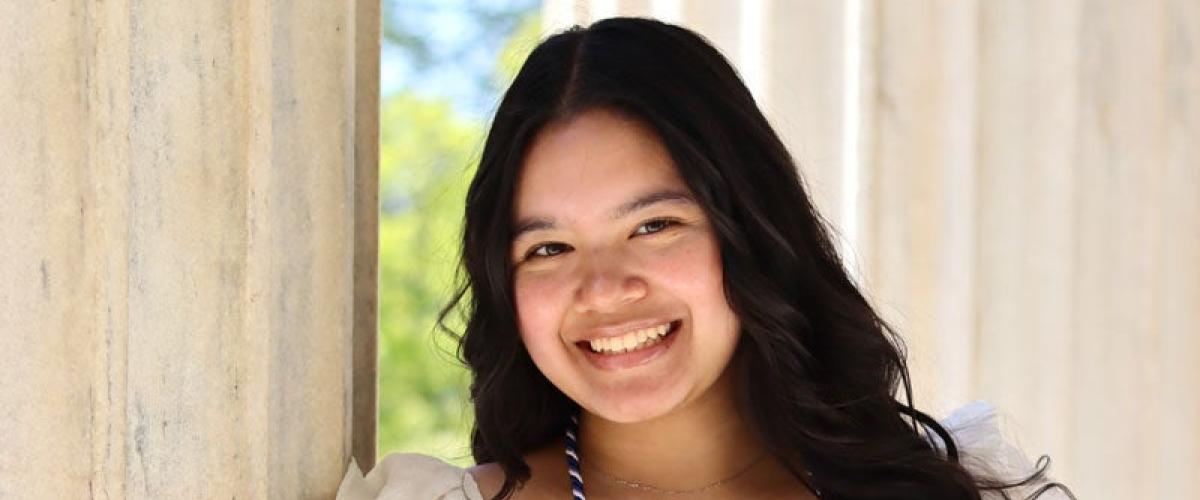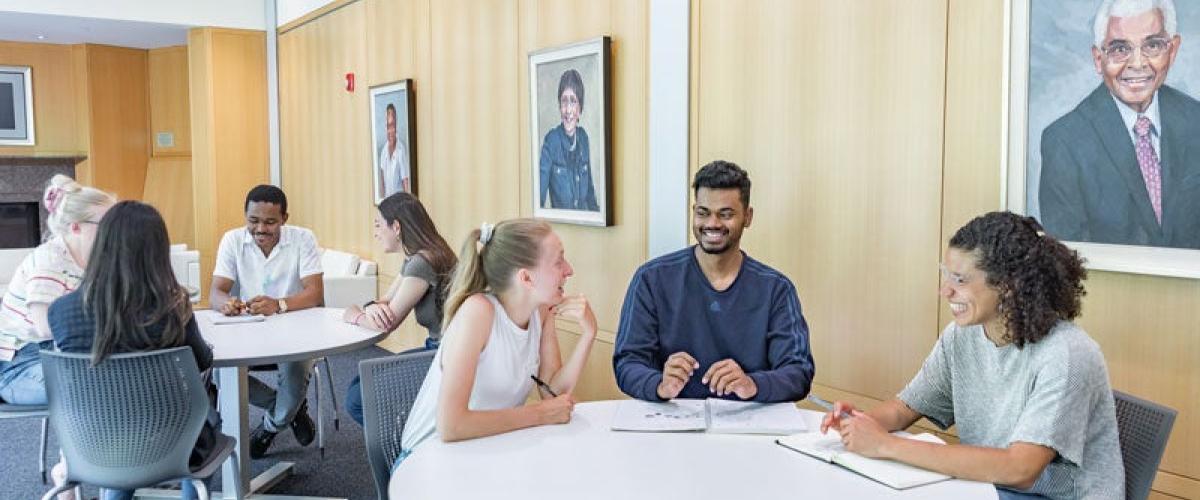As the new associate dean for equity and innovation, one of Scott Wilkes' main goals is to ensure everyone at the Mandel School feels welcomed, safe and valued with respect to their unique identities, perspectives and backgrounds.
Under his leadership, a new director of equity will be responsible for the implementation of school-wide anti-racism, diversity, equity, inclusion and belonging (ADEIB) programming and training to address student, staff and faculty concerns.
Wilkes is transitioning from his previous role as assistant dean of academic affairs for the Mandel School and will maintain some of the key functions of that role—specifically, he will continue to assist in the recruitment, onboarding, training and support of adjunct faculty, manage the academic advising process, oversee the Continuing Education (CEU) process, and serve as an academic advisor to many of our dual degree students.
In this new role, he will work collaboratively with the admissions department and the director of online education to explore and recommend existing and new non-degree offerings and enrollment opportunities to enhance the school's recent uptick of international and nontraditional student applicants. This will include collaborating with Student Services from a systems perspective, to identify and address the core needs of our student population to create a more inclusive environment.
Wilkes will also be primarily responsible for developing and strengthening the school's ongoing relationship with its six memorandum of understanding (MOU) partners to create pathways for staff members to pursue an advanced degree. This effort will address workforce shortages in child and adult mental health care services and develop leadership capacity within the partner organizations.
Read more about his new role below.
What is your focus for the 2024–25 academic year?
As the Mandel School approaches reaffirmation this year, we will continue to work collaboratively with our curriculum and outcome assessment committees to implement evidence of anti-racist and anti-oppressive content throughout our explicit and implicit curriculum. This involves an extensive review of course content, administrative policies and procedures that impact students and faculty. This recent requirement from our accrediting body, the Council on Social Work Education, will strengthen our overall efforts to support our 400% increase in international applications over the past year. We are pleased that we are building an international reputation, but it requires us to explore different curricular options and build upon current services to best support the needs of an international population. As we welcome a new director of equity, we will focus on developing school-wide ADEIB programming and training to assist faculty and students in managing difficult conversations in the classroom.
What are some of your accomplishments since you took on this role?
The Mandel School finalized agreements and strengthened the relationship with our six MOU partners. As a result, we welcomed 20 students into the MSW program. These students continue to work part- or full-time with their respective organizations and will receive additional support throughout the program. We have also begun the process of developing the Inclusion Action Committee, which is comprised of students, faculty, staff and alumni, to serve as an advisory council to the new director of equity and help guide programming and other diversity initiatives in the school throughout the year. And we were able to revise key policies to reflect a greater ADEIB focus.
What inspired you to work as a diversity liaison?
Although I am relatively new to this role and specific type of work, as a social worker, I have always been firmly grounded in social justice and advocating for the rights of underserved, vulnerable and marginalized populations. Early in my career, I witnessed firsthand the devastating impact of disproportionality within the juvenile court system. Sadly, we still confront disproportionality in many of our systems, including higher education. So I’m excited to join a team of other diversity liaisons across campus working together on the Diversity Executive Advisory Council. I approach my work as a diversity liaison from a place of great humility and willingness to learn from others who have extensive experience in this realm. I very much appreciate the interdisciplinarity approach and hope to contribute by lending my voice and unique perspective.
What is something everyone can do to foster an inclusive environment on campus?
Let’s first acknowledge that the work we all must do to foster an inclusive environment is difficult. It takes constant vigilance and dedication. With that said, I believe one of the simplest things we can do to foster inclusion is to just say, "hello." The simplest gestures can have a powerful impact. Saying "hello" conveys to others that they are seen, acknowledged and welcomed. It is the start of a connection that can grow into something meaningful for the individual and our community.
This story was part of a larger series that appeared in The Daily on Sept. 26, 2024. Learn more about the other CWRU diversity liaisons and their goals.





